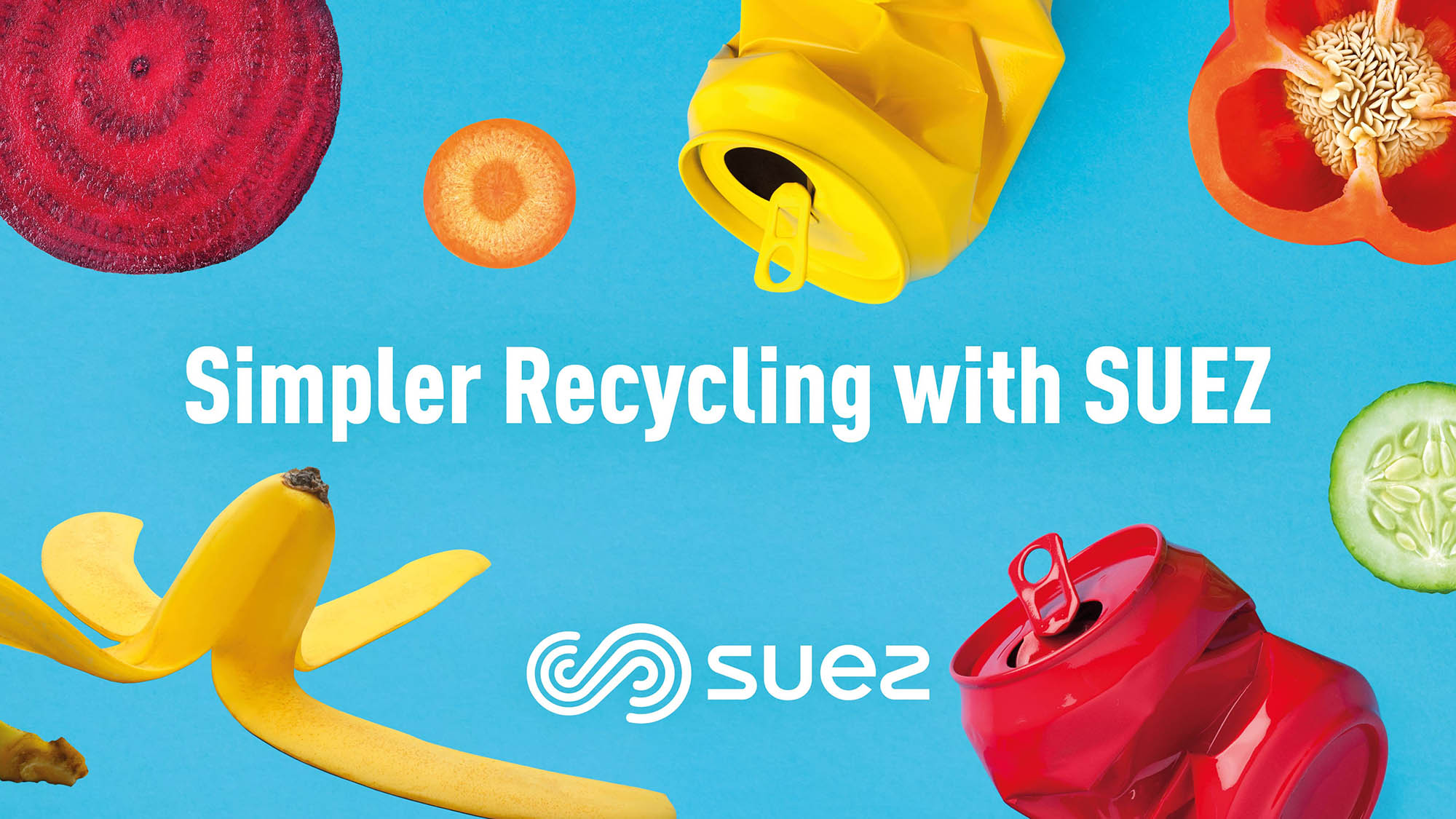Simpler Recycling reforms explained: What businesses need to know
Navigating the upcoming Simpler Recycling reform does not have to be difficult. With proper information, preparation and guidance, you can start implementing these new rules soon enough without the confusion and inconvenience.
Simpler Recycling aims to make recycling easier across England and to lessen the confusion about what can and can’t be recycled in different places.
Simpler Recycling facts
The Simpler Recycling scheme, introduced by the Department for Environment, Food and Rural Affairs in October 2023, has set important dates:
- 31 March 2025 - Businesses with 10 or more full-time employees must separate food waste and dry recyclables for collection.
- 31 March 2027 - Micro-firms (businesses with fewer than 10 full-time employees) must separate food waste and dry recyclables for collection. All businesses will also need to separate plastic film packaging and plastic bags in the plastic waste stream.
Legislation requires businesses, schools, hospitals and other non-household municipal premises to separate dry recycling from general waste collection. Materials for separate collection include:
- Paper and cardboard
- Cartons (i.e. Tetrapak)
- Metals (i.e. cans, tins, foils)
- Plastic (i.e. pots, tubs and trays)
- Glass (i.e. bottles and jars)
Businesses will also be required to separate their food waste, no matter how small the quantity they generate. This is to avoid as much food waste as possible to end up in landfill. Included in the food waste stream are all food intended for human or household pet consumption and biodegradable material such as fruit and vegetable skins, tea bags, bones, among others.
Benefits for your business
While transition pains are a reality in the implementation of this scheme, the short- and long-term benefits are promising. Besides simplifying and standardising collection and sorting, this ‘common sense approach’ to waste management will help businesses to be more compliant as it takes away the confusion about what can be recycled.
This clarity can result in lower waste disposal costs due to increased recycling rates and less waste being sent to landfill. Smaller businesses might find the scheme useful in tailoring their waste collection solutions, whereas bigger companies can scale their recycling efforts efficiently. Improved recycling rates will firmly put relevant stakeholders on the path towards a targeted 65% household waste recycling rate by 2035.
Beyond operational efficiency, and legal compliance, Simpler Recycling can enhance your business’ environmental reputation, supporting a positive brand image. By contributing more towards the circular economy in practical ways like zero waste to landfill targets, businesses are strengthening their commitment to sustainability and social value, which are increasingly valued by customers, partners and investors.
Ready to stay ahead of the curve and reap the rewards of implementing Simpler Recycling? With SUEZ as your partner, achieving these benefits is easier than ever. Our expert teams can guide you through the process, ensuring seamless compliance and customised solutions for your varied needs.
Let’s explore the possibilities. Contact us on 800 083 0504.
Stay tuned for more relevant information about Simpler Recycling and practical tips on how your business can transition smoothly to the new regulations.
